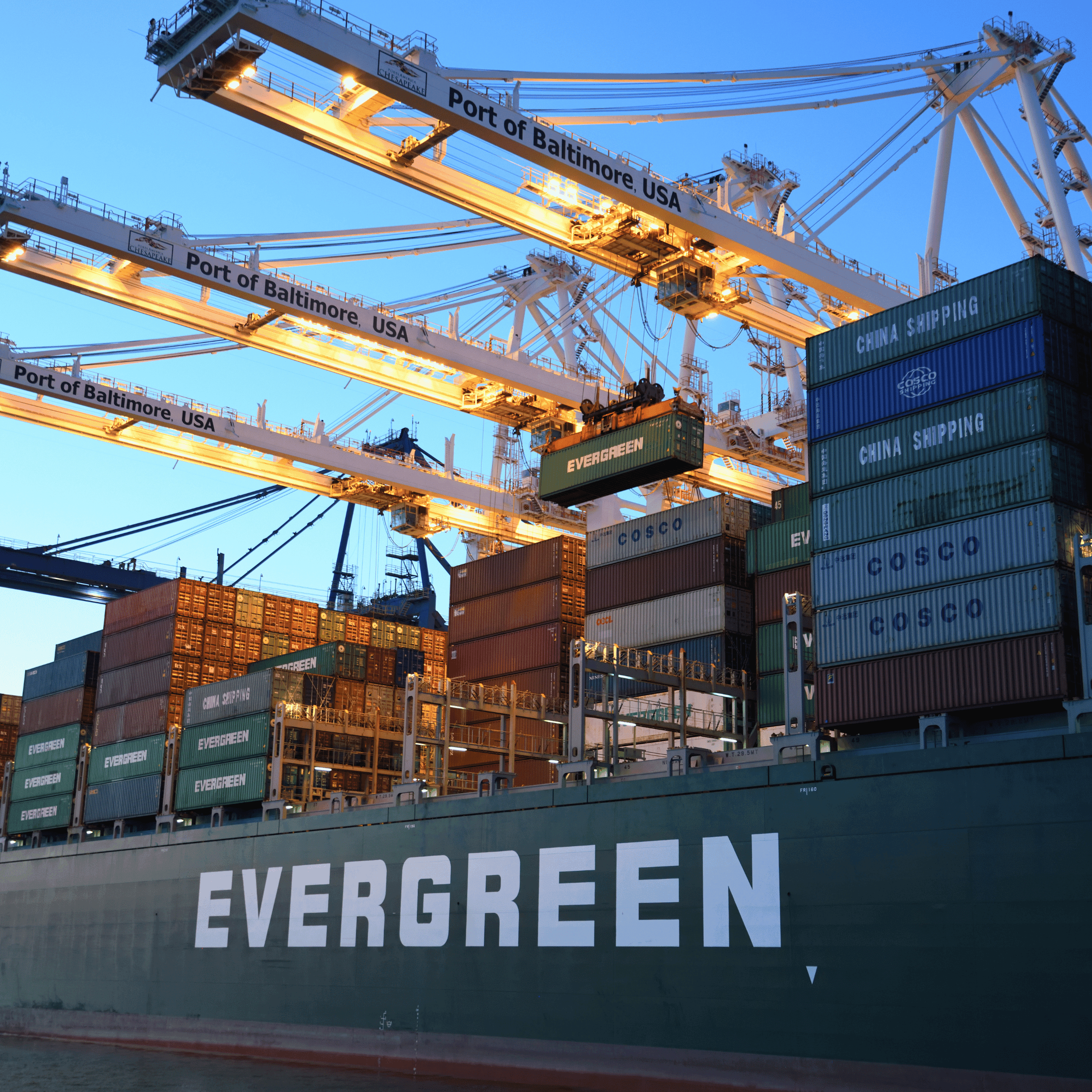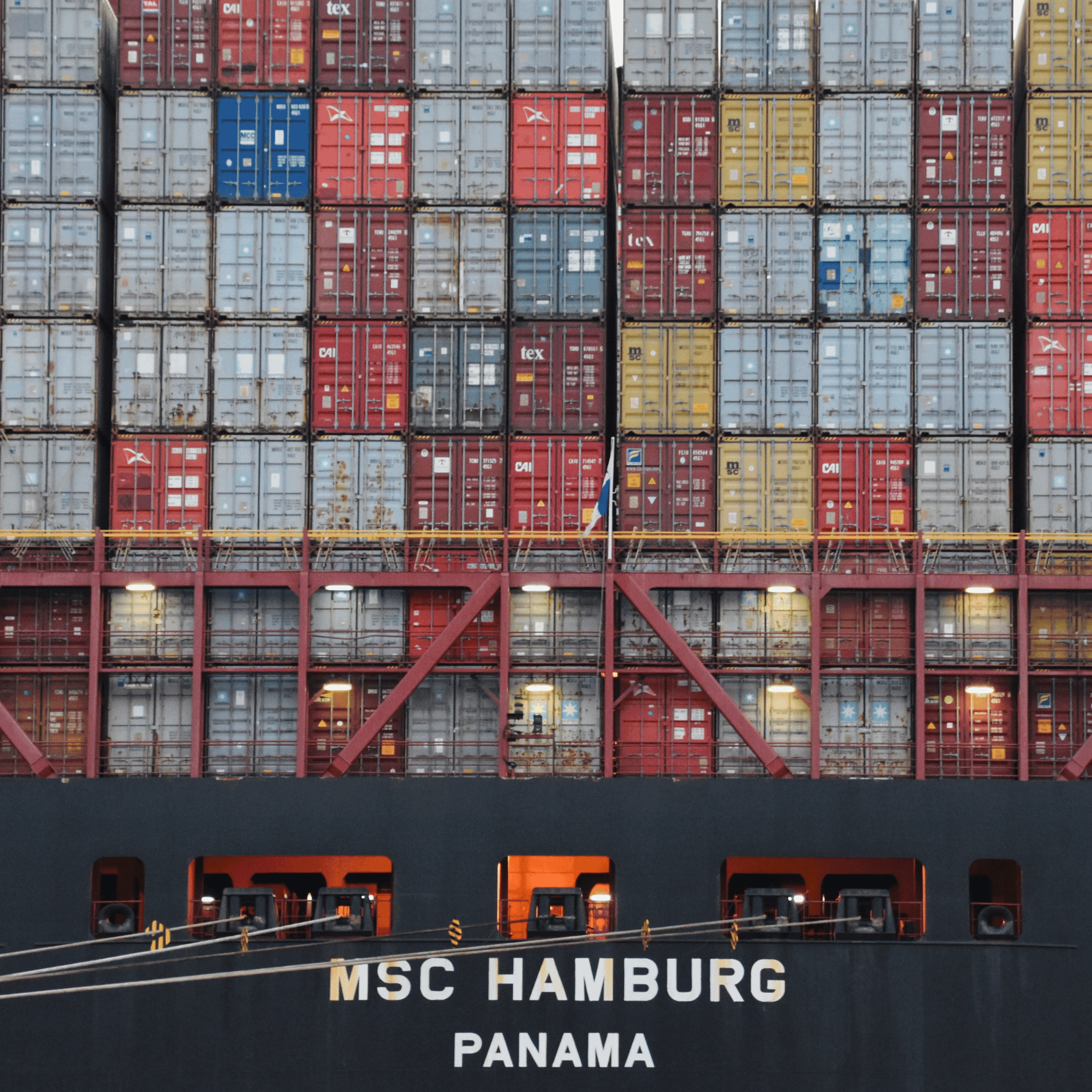Optimizing Costs and Compliance Through Snapl’s Bonded Warehouse in South Hadley, MA
Managing the rising costs associated with international trade remains a top priority for importers, wholesalers, and ecommerce brands. Between unpredictable tariffs, escalating duties, and increasing supply chain expenses, companies are seeking smarter strategies to reduce their exposure and preserve cash flow without sacrificing operational flexibility. One of the most effective tools available today is duty deferral through bonded warehousing, a proven method for controlling import costs while maintaining full compliance with U.S. Customs regulations.
At Snapl, our South Hadley, MA bonded warehouse offers tailored duty deferral solutions that allow brands to defer duty payments, minimize tax liabilities, and optimize the flow of goods across their supply chains. As a trusted 3PL provider specializing in bonded logistics, Snapl helps importers leverage duty deferral to their advantage — whether they’re managing seasonal inventory, handling returns, or preparing goods for domestic sale or re-export.
This article explains how bonded warehousing supports duty deferral strategies, how Snapl’s expertise delivers added value, and why importers increasingly turn to 3PL partners to help reduce costs and protect margins.

What Is Duty Deferral and Why Does It Matter?
Duty deferral refers to a customs strategy that allows importers to delay paying duties, tariffs, and taxes until their goods formally enter the U.S. market. Rather than paying duties immediately upon arrival at a U.S. port, goods can be stored under bond in a designated customs-compliant facility. Duties are only paid when the goods leave the bonded warehouse and enter U.S. commerce. If the goods are re-exported or destroyed while in bond, duties may be avoided altogether.
Duty deferral provides significant benefits, particularly for businesses that import large volumes of goods, maintain high-value inventory, or require long lead times between importation and domestic distribution. By deferring duties, companies can preserve working capital, reduce financial risk tied to unsold or obsolete inventory, and avoid unnecessary costs on goods that are eventually exported.

How Bonded Warehousing Enables Duty Deferral
A bonded warehouse is a secure, regulated facility authorized by U.S. Customs and Border Protection (CBP) to store imported goods under bond. Within this environment, goods are effectively held in a customs limbo, exempt from duties until they are released into the domestic market or otherwise removed from the warehouse.
Snapl’s South Hadley, MA bonded warehouse is purpose-built to provide importers with a compliant, flexible solution for duty deferral. Our bonded facility allows brands to store goods for up to five years without triggering duty obligations. During this time, goods can be relabeled, repackaged, inspected, or consolidated — all without the need to immediately pay duties.
This flexibility enables importers to align duty payments with actual business activities, such as customer demand or distribution schedules. If goods are returned to origin or shipped to international markets from within the bonded warehouse, companies can completely avoid U.S. duty exposure.

The Financial and Operational Benefits of Duty Deferral Through Bonded Warehousing
The advantages of bonded warehousing go beyond simple duty postponement. When properly integrated into a supply chain strategy, duty deferral through bonded storage can deliver measurable financial and operational gains:
Improved Cash Flow
Deferring duty payments until goods are sold or distributed frees up cash for more strategic uses. Companies can redirect capital toward marketing, product development, or other revenue-generating initiatives instead of tying up funds in customs payments on unsold goods.
Reduced Risk on Unsold Inventory
Holding inventory under bond minimizes financial exposure on goods that may not sell, become obsolete, or require return to the manufacturer. If products are never entered into U.S. commerce, duties are never incurred.
Enhanced Flexibility for Global Supply Chains
Bonded warehouses offer a strategic buffer between global manufacturing and domestic sales. Importers can store inventory closer to U.S. customers without committing to duty payments until sales materialize. This is especially valuable for brands balancing multiple markets or managing seasonal demand cycles.
Export Opportunities Without Double Duties
When goods stored in a bonded warehouse are exported to another country, duties are avoided altogether. This eliminates the risk of paying U.S. duties on goods that will never be sold domestically, improving overall cost efficiency on global distribution strategies.
Inventory Control Without Duty Impact
While in a bonded warehouse, goods can be repackaged, relabeled, kitted, or inspected to meet specific market or customer requirements. These value-added services can be completed without prematurely triggering duty obligations, preserving cost advantages until goods are ready for release.

Why 3PL Expertise Matters: How Snapl Adds Value
While bonded warehouses provide the infrastructure for duty deferral, effective use of this strategy depends on expert management, regulatory compliance, and seamless integration with broader logistics operations. That’s where partnering with a trusted 3PL provider like Snapl becomes a competitive advantage.
Customs Compliance and Regulatory Expertise
Duty deferral hinges on strict adherence to CBP regulations. Snapl ensures all bonded goods are properly tracked, documented, and managed according to customs requirements. Our meticulous processes and audit-ready systems safeguard against compliance risks that could result in penalties or unexpected duty liabilities.
Real-Time Inventory Visibility
Snapl provides real-time visibility into both bonded and non-bonded inventory through integrated warehouse management systems (WMS). This transparency allows importers to monitor inventory levels, plan releases, and align duty payments with sales activity — all while maintaining precise control over stock across multiple locations.
Strategic Location in South Hadley, MA
Our bonded warehouse in South Hadley, Massachusetts is strategically located to serve importers targeting Northeast distribution networks, including key markets like Boston, New York, and Philadelphia. Proximity to major ports and intermodal infrastructure allows for efficient inbound and outbound logistics, further enhancing the financial benefits of duty deferral.
Integrated Fulfillment Capabilities
Snapl’s bonded services extend seamlessly into fulfillment operations for ecommerce, retail, and wholesale distribution. Once goods are released from bond, they flow directly into our domestic fulfillment infrastructure, enabling fast, efficient delivery through platforms like Amazon (FBA, FBM, SFP), Walmart, Shopify, and more.
Value-Added Services Under Bond
Snapl’s bonded warehousing solutions include repackaging, relabeling, kitting, quality inspections, and light assembly — all performed without triggering duty obligations. These services ensure goods are market-ready when released while optimizing inventory for specific channels or customers.

Common Scenarios Where Duty Deferral Provides Value
Many industries can benefit from bonded warehousing and duty deferral strategies. Consumer packaged goods (CPG) brands, for example, often leverage bonded storage to hold seasonal inventory without immediate duty costs. Health and beauty companies use bonded facilities to manage high-value inventory while aligning duty payments with production schedules and market demand. Industrial manufacturers rely on bonded storage to warehouse large or infrequently used components, minimizing upfront financial commitments.
Ecommerce brands, particularly those operating through Amazon, Walmart, and Shopify, find bonded warehousing useful for staging bulk inventory closer to customers while deferring duties until goods are released into fulfillment pipelines. Additionally, businesses focused on global distribution utilize bonded warehouses to consolidate and re-export inventory, avoiding unnecessary duties altogether.

Why Snapl’s South Hadley, MA Bonded Warehouse Is the Right Choice
Snapl’s bonded warehouse in South Hadley, MA offers a combination of compliance, flexibility, and expertise that makes it an ideal partner for importers seeking to optimize duty deferral strategies. Our facility is designed to support the unique needs of brands handling regulated goods, high-value inventory, and complex supply chains. We specialize in serving industries where accuracy, compliance, and efficiency are critical — from CPG and health & beauty to supplements, apparel, and industrial materials.
Our bonded warehousing solutions are integrated with broader logistics services, giving you a single partner for customs compliance, bonded storage, inventory management, fulfillment, and distribution.
The Bottom Line: Reduce Import Costs, Improve Flexibility, and Stay Compliant
Duty deferral through bonded warehousing remains one of the most effective ways for importers to control costs, improve cash flow, and enhance supply chain agility. However, realizing these benefits requires more than warehouse space — it demands a partner with deep regulatory expertise, advanced inventory systems, and a proven track record in bonded logistics.
At Snapl, we help brands unlock the full potential of duty deferral through our South Hadley, MA bonded warehouse, combining compliant storage solutions with end-to-end logistics services that simplify your operations and protect your bottom line.

Ready to lower your import costs with duty deferral?
Contact Us





